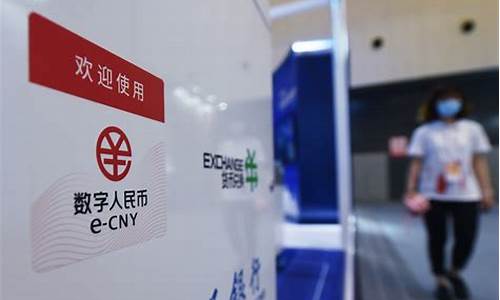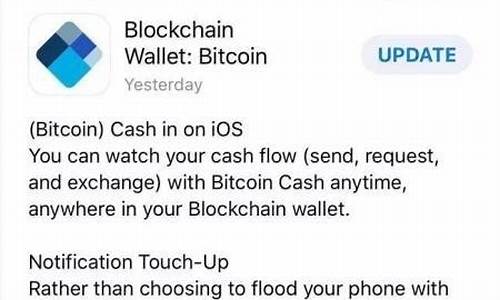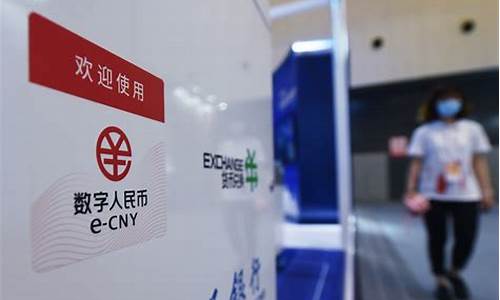数字货币是属于什么币类型(数字货币一天挣好几万)
2024-08-16 19:40:19 本站作者

Title: Understanding the Types of Digital Currency: Tokens, Coins, and Altcoins
Digital currency has become a popular alternative to traditional forms of currency, offering faster and more secure transactions. However, there are different types of digital currencies, each with its own unique characteristics. In this article, we will explore the three main types of digital currencies: tokens, coins, and altcoins.
Tokens
Tokens are the smallest unit of a digital currency, often used as a means of payment within a specific platform or ecosystem. They are typically created as part of a larger project, such as a blockchain-based platform, and are used to facilitate transactions within that ecosystem. Tokens can be issued by anyone, but their value is usually tied to the success of the underlying project.
Coins
Coins are the most widely recognized form of digital currency. They are similar to physical coins, but instead of being made of metal, they are made up of code. Coins are typically issued by a central authority, such as a government or financial institution, and are used as a medium of exchange. The value of coins is determined by supply and demand, similar to traditional currencies.
Altcoins
Altcoins are alternative versions of Bitcoin, the first and most well-known cryptocurrency. Unlike Bitcoin, which is decentralized and operates on a peer-to-peer network, altcoins can be centralized or operate on a distributed network. Altcoins can also have different features and use cases than Bitcoin, such as faster transaction times or improved scalability.
Token vs. Coin vs. Altcoin
While all three types of digital currencies share some similarities, there are also important differences between them. Here are some key distinctions:
1. Purpose: Tokens are designed to facilitate transactions within a specific platform or ecosystem, while coins are used as a medium of exchange like traditional currencies. Altcoins are alternative versions of Bitcoin that offer different features and use cases.
2. Governance: Tokens are typically issued by anyone, while coins are issued by central authorities like governments or financial institutions. Altcoins can be either centralized or decentralized, depending on their governance structure.
3. Market Capitalization: The market capitalization of a coin refers to the total value of all coins in circulation. Coins have a fixed market capitalization based on their supply and demand, while altcoins can have variable market capitalizations due to their decentralized nature.
Conclusion
In conclusion, digital currencies come in many different forms, including tokens, coins, and altcoins. Each type has its own unique characteristics and use cases, making it important for investors and users to understand the differences between them before investing or using digital currencies. As digital currencies continue to evolve and mature, it will be interesting to see how they continue to shape the future of finance and commerce.

猜你喜欢

马云怎么看数字货币和区块链(马云对数字货币怎么看)
 59
59 
央行法定数字货币即将发行(国家央行即将发行数字货币)
 85
85 
中国2017央行数字货币最新消息视频播放
 92
92 
央行数字货币试运行企业(央行数字货币的试点城市)
 76
76 
央行数字货币在哪里买(央行数字钱包)
 82
82 
中国数字货币试点(中国数字货币试点城市名单)
 58
58 
什么是核心的数字货币基金(数字货币核心技术是什么)
 55
55 
央行推出的数字货币软件(张健马尔代夫央行数字货币)
 87
87 
央行月内2度打假冒牌数字货币(严打炒作虚拟数字货币)
 70
70 
什么是数字货币应用场景(什么是数字货币应用场景和场景)
 58
58 
tp钱包怎么添加以太坊地址(tp钱包里面如何购买以太坊)


比特币大家用什么钱包(比特币都用什么软件)


比特币钱包的违规(比特币涉嫌)
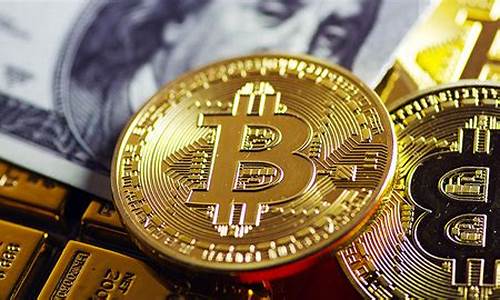

央行数字货币试点进程最新消息(央行数字货币最新进展情况)
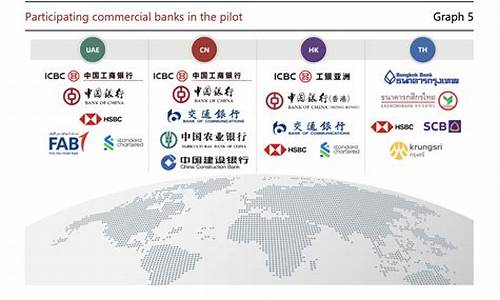

央行数字货币钱包app下载安装(数字货币钱包app) (2)


央行数字货币的特点和使用情况是什么样的(央行数字货币是怎么回事)


eth在imtoken钱包咋卖(imtoken钱包里的eth怎么提现到银行卡)


交易所数字货币是什么意思(交易所 数字货币)


数字货币是什么意思在哪里买(数字货币什么意思怎么用)


什么是数字货币的基础设施包括(什么是数字货币的基础设施包括)



